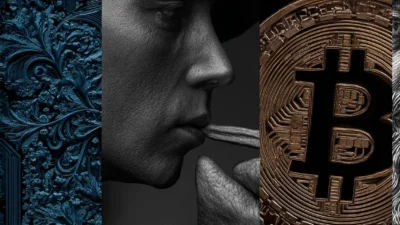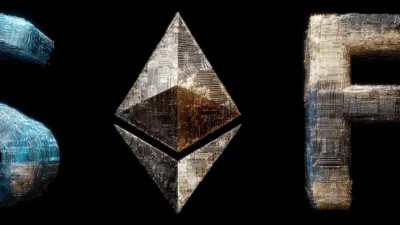TLDR
- The Argentine President, Javier Milei, promoted a meme coin on X.
- The token turned out to be a rug pull.
- Now, political rivals are trying to take action. Some traders are also looking into the potential for lawsuits.
When it comes to cryptocurrencies, one of the golden rules is simple — always do your own research. The fallout has been catastrophic for those who didn’t in the case of the LIBRA meme coin.
And now, the scandal has reached the highest halls of power in Argentina. President Javier Milei has everyone from political opposition to crypto nerds calling for his head over his alleged involvement in the now infamous token, LIBRA. Let’s get after it.
What’s the LIBRA Meme Coin (And Why Did It Blow Up)?
Meme coins, for the uninitiated, are cryptocurrencies inspired by internet memes. You’ve probably heard of Dogecoin or Shiba Inu — fun tokens often fueled by hype rather than utility.
Launched on the Solana blockchain, like any other proper meme, the token exploded onto the scene last Friday after a high-profile endorsement from none other than Argentine President Javier Milei via X.
Milei promoted the token in a now-deleted post, causing the coin’s price to surge almost instantly by traders hoping to cash in on $TRUMP-like profits.
At its peak, LIBRA’s market cap was a staggering $5 billion. However, the euphoria was short-lived. Within days, the coin’s value collapsed by a staggering 95%, leaving investors out of pocket and furious.
The Fraud Allegations
The drama didn’t stop at financial losses. Now, a salty meme token “investor” has accused President Milei of being an essential actor in what he labeled an “illicit association.”
Two words for you, sir:
- Hawk
- Tuah
According to charges filed, the core crime is fraud, and Milei’s promotion of LIBRA played a critical role in its meteoric rise — and subsequent crash.
Some members of Argentina’s opposition have gone so far as to demand an impeachment trial. Meanwhile, Milei has emphatically denied all allegations, claiming he had no prior knowledge of the token and calling for a broad anti-corruption investigation.
Interesting (Hilarious) Caveat
According to a report from The Financial Times, most of the losses belong to US and Asian meme coin “investors”. Apparently, Libra was never launched on any of the exchanges frequented by Argentine traders and investors.
Our Two Pennies
We think this guy made a mistake. The vast majority of people who promote these things have no clue what they’re getting into. They don’t know anything about crypto or meme coins. We’re not saying he’s innocent. We’re just saying this situation is probably not the politically-charged inside job that many journalists and politicians are trying to make it out to be.
Maybe he thought that he was doing something that was ok because President Trump did it. But as anyone in the US will tell you, just because President Trump can do it and get away with it doesn’t mean anyone else can.
There could be many reasons behind his actions. And most of them are probably not sinister.
As far as the token “scam”, it’s a classic rug-pull. Every meme coin rugs at some point. Literally…all of them. That’s one of the (many) reasons that they’re terrible investments.
If this didn’t involve a politician, it wouldn’t make headlines. It wouldn’t be news. It would be just another meme pump and dump.
What Lessons Can Crypto Beginners Learn From This?
If you’re new to crypto, the LIBRA debacle should be a stark reminder of the risks involved. Here are key takeaways to keep in mind:
1. High-Profile Endorsements Aren’t Guarantees
Just because someone famous — or in this case, politically powerful — endorses a project doesn’t mean it’s legitimate. Always dig deeper and verify.
2. Hype Is Not a Strategy
LIBRA thrived on hype before its crash, but hype doesn’t equal value. Be wary of projects that seem purely speculative or lack clear utility.
3. Sniping and Insider Trading Are Real Risks
Many crypto projects have little to no regulatory oversight, making practices like insider trading hard to track — and even harder to prosecute.
4. Transparency Matters
Projects with anonymous teams or unclear affiliations should automatically be viewed with suspicion. Legitimate crypto projects often have open, verifiable teams and clear roadmaps.
5. Diversify and Only Risk What You Can Afford to Lose
The age-old advice of not putting all your eggs in one basket applies here. Never invest more than you can afford to lose in highly speculative ventures.
Fools and Their Money Are Soon Parted
The LIBRA case is a wake-up call for everyone in the crypto space — not just in Argentina but globally.
It’s easy to get swept up in the excitement of new opportunities, but every investor has a responsibility to stay informed, ask questions, and proceed cautiously.
If you’re new to the space, stick to established, reputable assets and platforms. And for those chasing meme coins?












